
Wandering Above a Sea of Fog #4
I talk about philosophy & music, my history as a musician, my new album, and give some updates about the future direction of the podcast.Stream the album today: https://www.psychedelicbabymag.com/2025/05/slumbering-sun-on-starmony-an-interview-with-dooms-crazy-romantics.htmlAlbum comes out tomorrow, buy it here: https://slumberingsun.bandcamp.com/Listen to us on Spotify: https://open.spotify.com/artist/7znYBHw9e9cY7KKbLXpUsS
8 Maj 48min
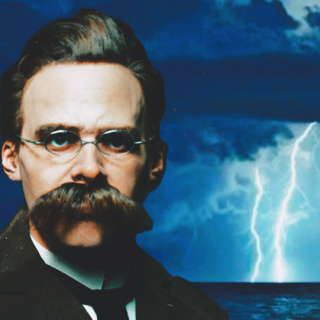
The Gay Science #15 (III.176-III.275)
The lightning round! The final episode of The Gay Science book III. The 100 sections we cover in this episode are all rapid-fire, short aphorisms on morality, human nature, the social life, virtue, vice, really the whole panoply of human experience!
6 Maj 3h 23min
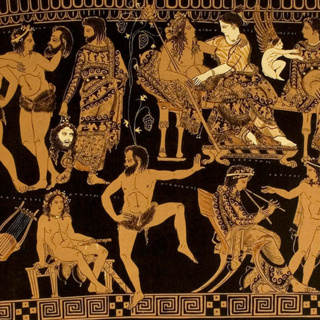
The Gay Science #14 (III.148-III.175)
Renaissance & Reformation, the critique of saintly virtue, the color we have thrown onto life and how it differs from that of the ancient world, and Nietzsche's attempt to "untangle the knot" of his moralization of the world by returning to the style of the moral maxim. Rapid fire epigrams finish out book III, we cover a large swatch of them in this reading and will hit the remainder of the book in the final episode for book III, next week.
29 Apr 2h 5min
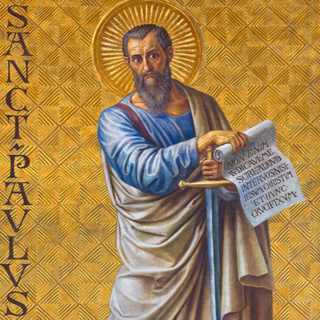
The Gay Science #13 (III.132 - III.147)
Discussion of the origins of Christianity as the apotheosis of sin, the Christian attack on the passions versus the Greek deification of the passions, as well as scattered remarks about German pessimism, and diet as the cause of one's metaphysics.
22 Apr 1h 47min
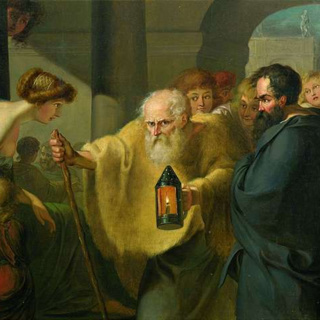
The Gay Science #12 (III.125-III.131)
Extended discussion of The Madman passage (#125), including analysis of the metaphysical and moral implications, the surrounding context, and other interpreters - Girard, Freud, Jung, Heidegger, and Deleuze; then, discussion of half a dozen more aphorisms that follow.
15 Apr 1h 53min
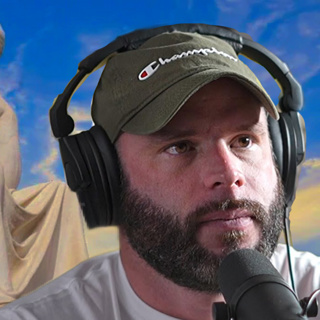
Untimely Reflections #34: Gnostic Informant
Gnostic Informant on Youtube: https://www.youtube.com/We discussed the following topics: why the Torah is probably younger than commonly believed; the influence of Hellenism on Judaism as well as the New Testament; the Carpocratians (syncretists of Greek philosophy & Christian religion); the link between Platonism & Christianity; Nietzsche's argument that the Epicureans struggled against "latent Christianity"; Christianity as a hyper-rationalist religion set against the more sophisticated theologies of the pagan world; the possibility that extinguishing the Vestal fires actually brought down the Roman Empire. We also talked about Neal's personal journey through the Christian faith into his own idiosyncratic spirituality, and an attitude that he describes as a balance of Gnosticism & agnosticism; he views a life of Gnosis (knowing) as essentially a life of skepticism in which one demands to know for oneself and reject all inherited dogma. At the end we discuss his upcoming journey to Greece & film project, during which he will interview the group setting up a new temple to Pan in Greece, and the Orthodox figures opposing them.
8 Apr 1h 50min

The Gay Science #11 (III.114-III.124)
The text proceeds from epistemology to morality. Nietzsche suggests that value judgments are at the foundation of perception. Exploration of herd instinct & herd conscience. Suggestion that the moral skepticism of Christianity was turned against Christianity. Preparation for the Madman passage.
1 Apr 1h 47min

The Gay Science #10 (III.108-III.113)
Continuing with The Gay Science readthrough, and begin with book III. This book begins with the first passage to contain the saying, "God is dead", and Nietzsche then uses the metaphor of "the shadow of God" to refer to the falsification of our understanding of reality as a result of thousands of years of metaphysical error. These errors may in fact be essential for life itself, but Nietzsche's project is to find a way to philosophize that penetrates beyond them. This is, paradoxically, an experiment with the "will to truth", a more sincere valuation of truth-in-itself than has ever before been risked, and at the same time an attempt to entangle philosophy with art, deception, feeling, subjectivity & physiology.
25 Mars 1h 31min






















